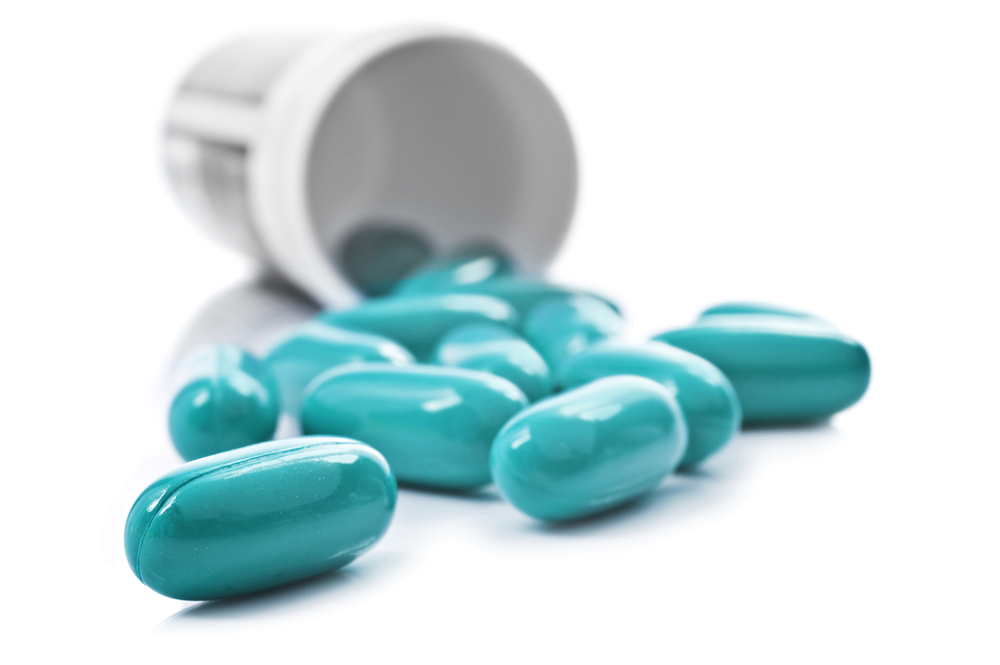The United States Food and Drug Administration (FDA) recently approved Synjardy, an oral therapy developed by Boehringer Ingelheim Pharmaceuticals Inc and Eli Lilly, as a treatment for adult patients suffering from type 2 diabetes.
Synjardy is the third product containing empagliflozin that has received an FDA approval, following the approval of both Jardiance (empagliflozin) and Glyxambi (empagliflozin/linagliptin). The therapy combines two proven therapies, empagliflozin and metformin, which have been shown in clinical trials to have complementary mechanisms of action that assist in the regulation of blood glucose in those with type 2 diabetes.
Under the new FDA approval, the therapy is appropriated to be taken by adults with type 2 diabetes as an adjunct to a healthy diet and exercise habits as prescribed by a physician. Specifically, Synjardy is indicated to be taken by patients who are not properly controlled on a regimen containing empagliflozin or metformin, or in those already being treated with empagliflozin and metformin to ultimately improve their glycemic levels. Synjardy does not treat diabetic ketoacidosis or type 1 diabetes.
The Synjardy label has a boxed warning for the risk of lactic acidosis which is a preoccupying and serious metabolic complication that can happen because of the metformin accumulation during the treatment with the drug.
The new FDA approval comes on the heels of a European Medicines Agency approval, which was announced in May 2015. For the diabetic community, Synjardy represents a viable new therapy that both Boehringer Ingelheim Pharmaceuticals Inc and Eli Lilly believe will help met the unmet needs of diabetics who have not responded to other treatment options in controlling glucose levels.
Read More Recent News


